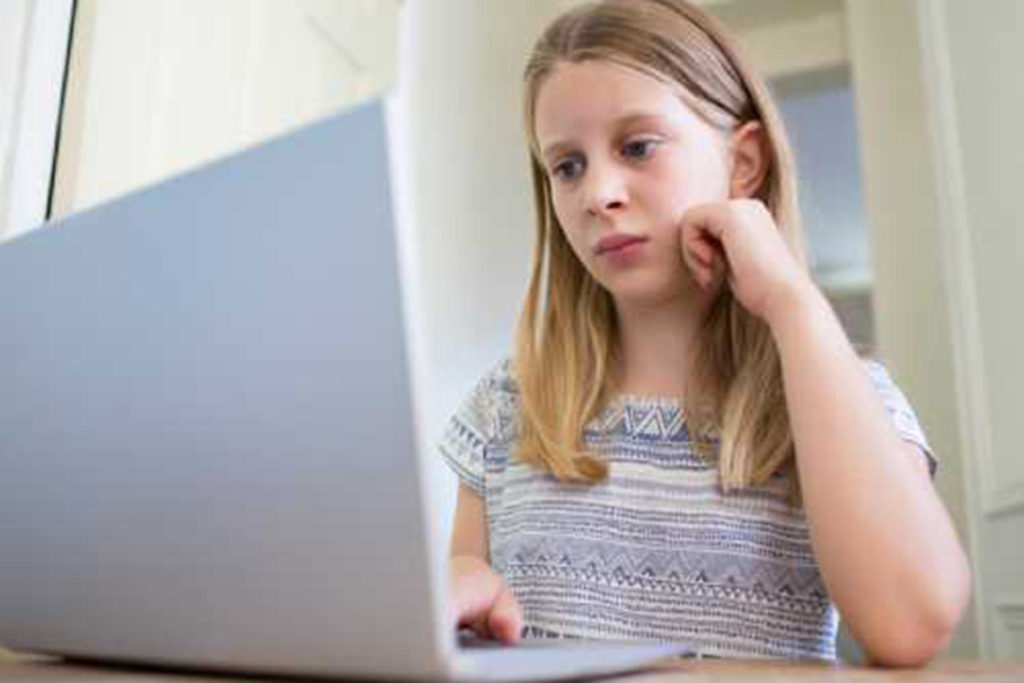
One of the main concerns a parent has regarding their child’s online life is the potential exposure to inappropriate content online.
Having access to such a vast array of content can be hugely beneficial but it can be a real challenge for parents in terms of managing any potential risks.
And while there are some potential risks there are also many things you as a parent can do to safeguard your child while they are online.
What is Inappropriate Content?
Firstly it’s important to understand what “inappropriate content” actually is. Online content can be inappropriate for a number of reasons, for example:- It may not be age-appropriate for your child
- It may contain pornographic images/language/videos
- It may contain violent images/language/videos (including violence towards people and animals)
- Gambling sites/apps
- Sites may encourage harmful activities for example: bullying, crime, terrorism, eating disorders, suicide, or other risky behaviours.
- Unmonitored chat rooms
What can parents or guardians do?
As a parent or guardian, the most effective thing you can do is to speak to your child about this. Have a very open conversation about what inappropriate content is; ask your child what their views are, how they would feel if they saw something inappropriate or upsetting and what they would do in that situation. By creating this safe space to explore difficult topics with your child, you are empowering them – letting them know; that some of what they may see online is not okay. You are reassuring them, supporting them and informing your child that they have a right to be safe at all times, even when online. Children and young people access the internet through various mobile devices; for example: phones, tablets, laptops and they access the internet for social reasons, for learning or educational reasons or recreationally (e.g. for watching movies/YouTube). Some children and young people come across inappropriate content inadvertently while others, through curiosity, are seeking this content out. By having an open conversation with your child, you are creating an awareness of the potential risks but also of the options they have to protect themselves in these situations. Here are some more tips that can help you manage this risk:- You can install Parental Controls
- Allocate dedicated online time in the home (e.g. no internet access after a particular time)
- Monitor your child’s activity in a positive way
- Familiarise yourself with apps young people use today
- Familiarise yourself with App PEGI ratings
- Have regular and open conversations about life online
- If you are alerted to illegal activity, report your concerns to the Gardaí.
For more information, articles and videos about online safety, visit our Digital Ready Hub.
